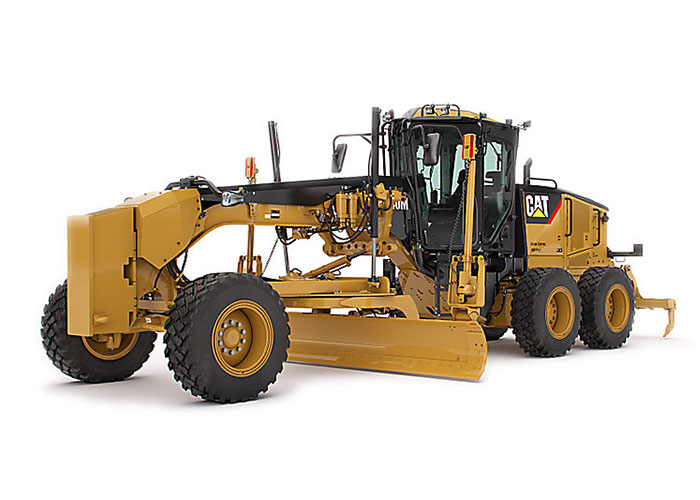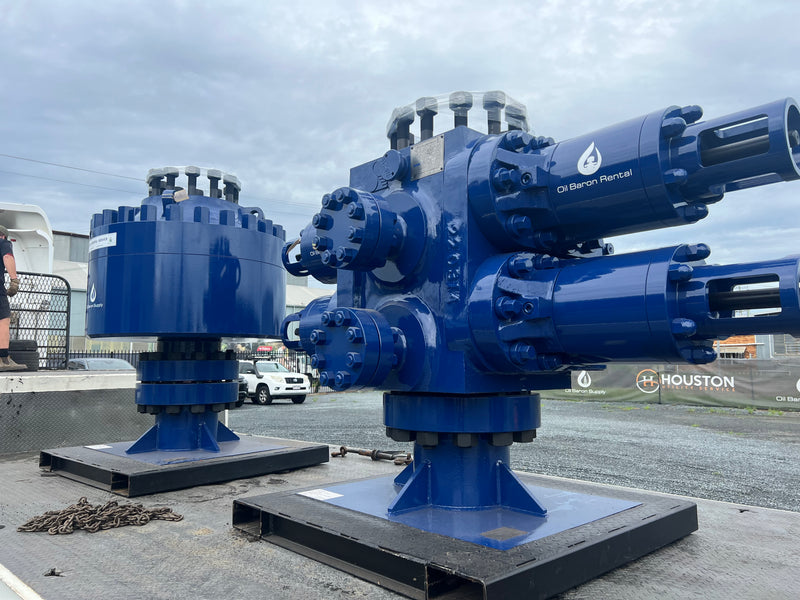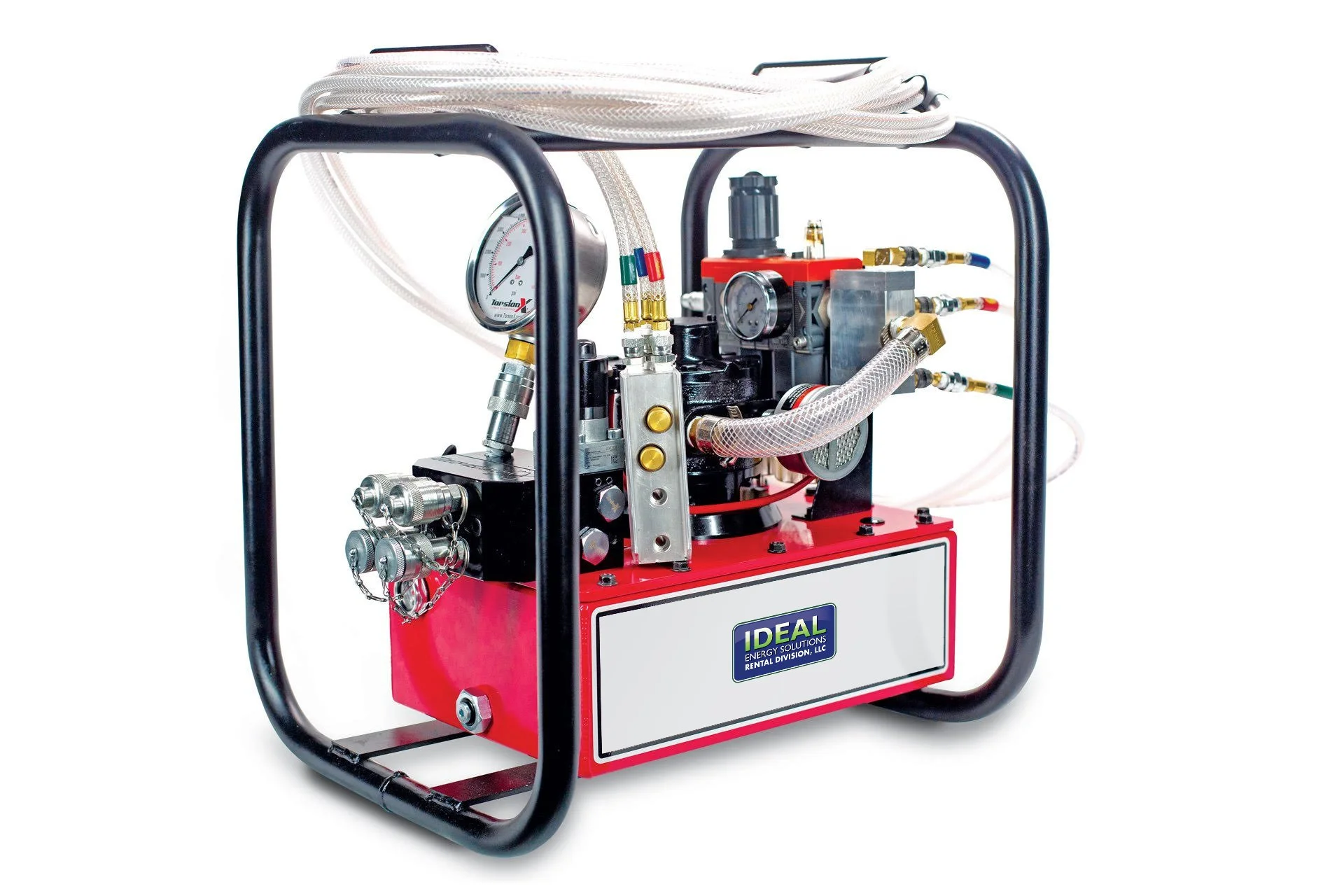Superior rentals squeeze tools: key safety tips for field crews
Wiki Article
A Comprehensive Guide to the Different Sorts Of Oil Field Equipment and Pipeline Equipment Available
The oil and gas industry depends greatly on specific tools for effective extraction and transportation. Numerous kinds of equipment, from piercing rigs to tank, play essential duties in this intricate procedure. Each tool offers distinctive functions that add to general functional success. Understanding these components is vital for any individual entailed in the sector. As the sector evolves, so also do the technologies that sustain it. What innovations are on the perspective?
Drilling Rigs: The Foundation of Oil Exploration
Drilling rigs function as the important equipment in the domain of oil expedition, enabling business to accessibility hydrocarbon books hidden deep under the Earth's surface area. These rigs come in different types, consisting of land rigs, offshore rigs, and mobile units, each created to run in certain environments. Outfitted with advanced innovation, drilling rigs can permeate geological developments with accuracy, guaranteeing reliable resource extraction. The structural honesty and functional capacities of these rigs are important, as they must withstand severe conditions and considerable stress. The option of an exploration gear impacts the total job expense and timeline, making it a vital consideration for oil companies seeking to optimize their expedition initiatives and make the most of productivity in their procedures.Pumps: Crucial for Liquid Motion
In the oil removal process, the role of pumps is significant, assisting in the movement of fluids throughout numerous stages of manufacturing. Pumps are crucial for carrying unrefined oil, water, and other liquids from underground reservoirs to the surface area and after that with pipes to refineries. They come in various kinds, including centrifugal, positive variation, and completely submersible pumps, each serving specific objectives based on the fluid attributes and operational needs. Centrifugal pumps are frequently used for their efficiency in high-flow applications, while favorable displacement pumps succeed in managing thick fluids. The selection of pump effects overall performance, operational safety and security, and upkeep expenses. Proper option and maintenance of pumps are vital for maximizing production and minimizing downtime in oil area procedures.Valves: Controlling Circulation and Pressure

Valves play a crucial role in handling the circulation and stress of fluids within oil fields and pipelines. Numerous types of valves serve unique applications, each made to fulfill particular functions essential for effective procedure - Superior Oilfield Rentals. Comprehending the characteristics and uses of these shutoffs is essential for maximizing system efficiency and safety
Sorts of Valves
Important elements in oil area procedures, valves play a critical function in managing the circulation and stress of fluids within pipelines and equipment. Different sorts of shutoffs are used to satisfy the varied demands of oil and gas production. Usual types include entrance shutoffs, which offer a straight-line circulation and very little pressure decrease; globe shutoffs, understood for their throttling capabilities; and sphere valves, identified for their quick on/off control. Additionally, check valves protect against heartburn, while butterfly valves provide a lightweight remedy for controling flow. Each valve kind is created with particular products and configurations to stand up to the severe conditions usually discovered in oil fields, ensuring integrity and effectiveness in operations. Recognizing these types is critical for reliable system management.Valve Applications and Functions
While numerous sorts of valves offer unique purposes, their key applications focus on controlling circulation and pressure within oil and gas systems. Shutoffs such as gateway, globe, and round valves manage fluid activity, guaranteeing peak efficiency and safety. Entrance valves are frequently utilized for on/off control, supplying very little circulation resistance. Globe shutoffs, on the other hand, deal accurate circulation policy, making them ideal for throttling applications. Round valves are favored for their quick procedure and tight securing capabilities. Furthermore, pressure relief valves are essential for avoiding system overpressure, guarding devices honesty. In general, the proper choice and application of shutoffs boost functional performance, guaranteeing the trusted transport of oil and gas through pipelines and handling centers.Compressors: Enhancing Gas Transportation
Compressors play an essential function in the effective transportation of natural gas, making certain that it relocates smoothly via pipelines over cross countries. These gadgets boost the stress of gas, permitting it to get rid of friction and elevation changes within the pipeline system. Additionally, compressors facilitate the balancing of supply and demand, fitting variations in consumption and production prices. Various types of compressors are utilized in the market, including centrifugal, reciprocating, and rotary screw compressors, each offering distinct advantages based on the functional needs. Routine upkeep of these compressors is necessary to optimize performance and minimize downtime, ultimately contributing to a reputable gas transportation network. Their vital function underscores the relevance of compressors in the total oil and gas facilities.Storage Tanks: Safe and Effective Fluid Monitoring
Reliable transport look at more info of gas counts on numerous sustaining systems, among which is the correct administration of tank. These tanks play an important role in securely having fluids, ensuring that functional performance is preserved while decreasing environmental dangers. Created from long lasting materials, they are developed to withstand high pressures and destructive elements. Correctly sized and purposefully situated, storage tanks assist in the smooth circulation of gas and other liquids, preventing bottlenecks in supply chains. Regular upkeep and surveillance are imperative to discover leakages or structural problems, promoting security and conformity with governing criteria. Inevitably, the effective monitoring of storage tanks is critical for the general honesty and reliability of the oil and gas market's fluid handling systems.
Pipeline Solutions: Infrastructure for Transport
Pipeline systems function as the backbone of the oil and gas market, facilitating the efficient transport of hydrocarbons over vast ranges. These systems include different parts, consisting of pipes, valves, pumps, and compressors, all thoroughly made to assure seamless flow. The products used in pipeline building, typically steel or high-density polyethylene, are picked for resilience and resistance to deterioration. Pipeline networks can span throughout land and water, linking manufacturing websites to refineries and circulation centers. Furthermore, advanced innovation enables real-time monitoring of circulation rates and stress levels, enhancing operational performance. The calculated positioning of these pipes minimizes ecological influence while making best use of source accessibility, thus playing a necessary duty in conference energy needs around the world.Safety And Security Equipment: Making Sure Worker and Environmental Defense
The procedure of pipeline systems, while crucial for power transportation, additionally presents substantial security obstacles for workers and the environment. Safety and security tools plays a substantial duty in reducing these dangers. Individual safety equipment (PPE) such as headgears, handwear covers, and non-slip footwear safeguards workers from physical hazards. Additionally, gas discovery systems keep an eye on for leaks, guaranteeing that damaging compounds do not pose a hazard to workers or the surrounding ecological community. Emergency find more closure systems are critical for swiftly halting operations throughout a dilemma, preventing potential catastrophes. Spill control materials, including absorbents and obstacles, are fundamental for lessening ecological influence. In general, spending in all-inclusive safety and security equipment is essential for maintaining functional integrity and shielding both workers and the atmosphere in the oil and gas field.
Frequently Asked Questions
Just how Do I Pick the Right Oil Field Equipment for My Task?
Selecting the best oil field equipment involves examining task specs, budget plan constraints, and operational demands. Think about elements such as equipment reliability, compatibility with existing systems, and the provider's credibility to guarantee peak performance and safety.What Are the Maintenance Needs for Oil Field Equipment?
Maintenance demands for oil field devices include regular inspections, lubrication, and prompt fixings. Operators needs to additionally abide by maker standards, screen efficiency metrics, and assurance compliance with safety and security policies to read more enhance durability and efficiency.
Exactly How Can I Make Sure Conformity With Environmental Laws?
To guarantee compliance with ecological policies, companies need to perform routine audits, apply best methods, buy training, keep appropriate paperwork, and remain upgraded on regulation (Superior Oilfield Rentals Texas). Partnership with environmental firms can additionally improve adherence to lawsWhat Is the Typical Life-span of Pipeline Equipment?
The typical life-span of pipeline devices generally varies from 20 to 50 years, relying on factors such as worldly high quality, environmental conditions, and upkeep methods. Routine inspections can greatly affect durability and operational efficiency.How Do I Securely Deliver Oil Field Equipment to Remote Locations?
Carrying oil field tools to remote places requires mindful planning, consisting of path assessment, safeguarding permits, making use of suitable vehicles, and guaranteeing security protocols are followed. Proper training and communication amongst staffs are necessary for successful transportation.Report this wiki page